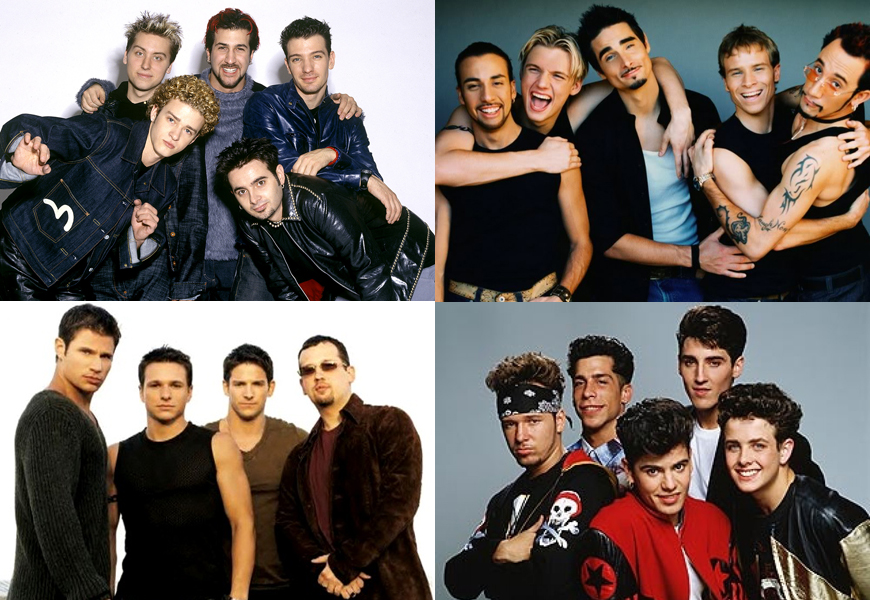“Privacy” is Dictionary.com‘s 2013 Word of the Year, and the pick comes as a slight internet surprise. Generally, online dictionaries will ping rising slang as their lexemes of the year. Oxford Dictionary picked “selife.” Collins Dictionary: “geek.”
But the most used dictionary site on the web has good reason for their selection and defend (argue) it well (congenially).
“In January, the TSA scrapped airport body scanners that produce near-naked images of travelers; In June, Edward Snowden revealed the widespread global-spying program, Project PRISM; In October, Google announced new privacy policy plans that allow the company to incorporate user data into advertisements. The discussion of privacy— what it is and what it isn’t— embodies the preeminent concerns of 2013” says the site.
The etymology of “privacy” dates to back before the origin of English in 1066. Privatus and publicus were terms used in Ancient Rome to delineate objects belonging to the state from objects belonging to individual citizens. “Geek,” by the way, means the guy in the sideshow who bites the heads off chickens.
“Private” is the past participle of privare, to “separate, deprive,” pull out of public access. Privus: “one’s own,” from the Old Latin pri: “before.”
Most of the privacy issues of 2013 surround public access to our information: digital privacy. The concept, and its extent, is something we’re still struggling to get a handle on— “early December saw the release of an open letter, signed by more than 500 world-renowned writers, urging the United Nations to create an international bill of digital rights.”
And still, “private” comes down in opposition to “public,” but the question of which is which is much harder to answer than it was in the property courts of Ancient Rome. “The paradox [is] of an American culture obsessed, at once, with being seen and with being hidden, a world in which the only thing more cherished than privacy is publicity,” notes the site, quoting Jill Lepore in The New Yorker.
What’s public, and who’s a private citizen? Are we, or is our information, a member of the community? For all its etymology and definitions, privacy is still a word we have trouble fully understanding. Dictionary.com sparks the questions above with its word selection, and makes us think about how its meaning is changing with the times. Maybe that’s the reason they picked “privacy” in the first place.












